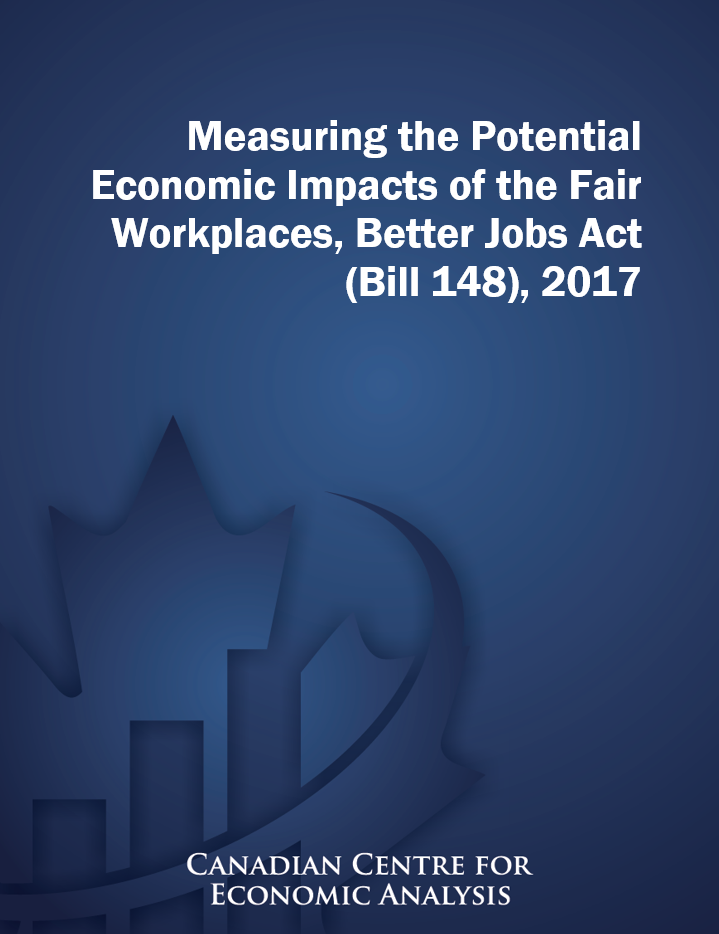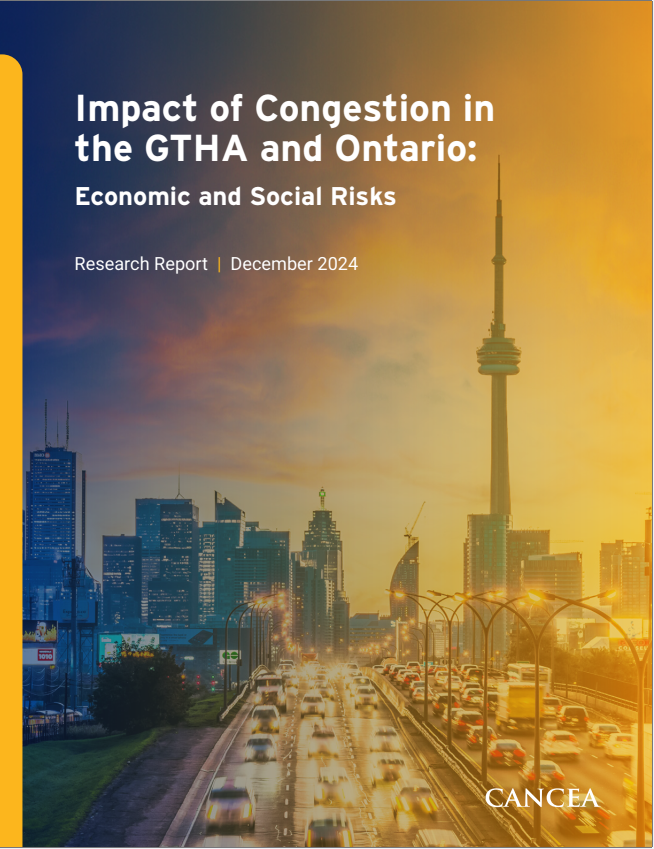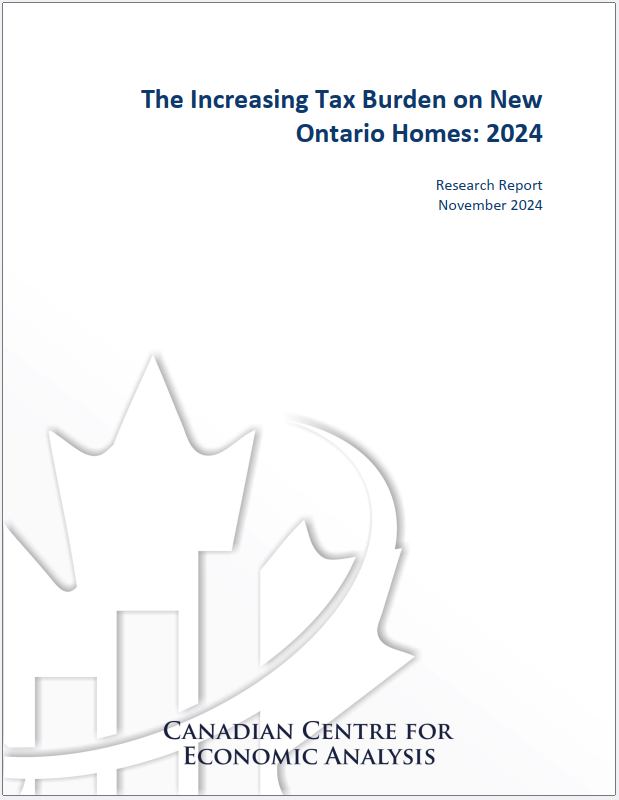The Fair Workplaces, Better Jobs Act, 2017 (Bill 148) is expected to increase the risks and uncertainties for many Ontario business sectors.
- Significance: Ontario businesses will need to adjust to at least one of 64 different labour cost outcomes
- Suddenness: 15 month period with significant ambiguity yet to be resolved or tested
- Size: scheduled minimum wage changes are the largest in 45 years
The Bill creates a $23 Billion challenge for Ontario businesses in just the first 2 years. Putting this into perspective, the amount in play represents about:
- 21% of Ontario private business investment each year (excluding residential construction)
- 100% of the corporate tax revenues paid to the Ontario government each year
The $23B challenge is expected to put about 185,000 jobs at risk over the coming years representing about 2.4% of all employees relative to expected employment growth. Based upon the expected behaviour of Ontario businesses the $23B challenge could be met through:
- 50% of costs reduced through employment changes,
- 21% absorbed by business, and
- 29% passed onto consumers
The independent analysis was supported by the Keep Ontario Working Coalition (KOW) and Ontario Chamber of Commerce.











